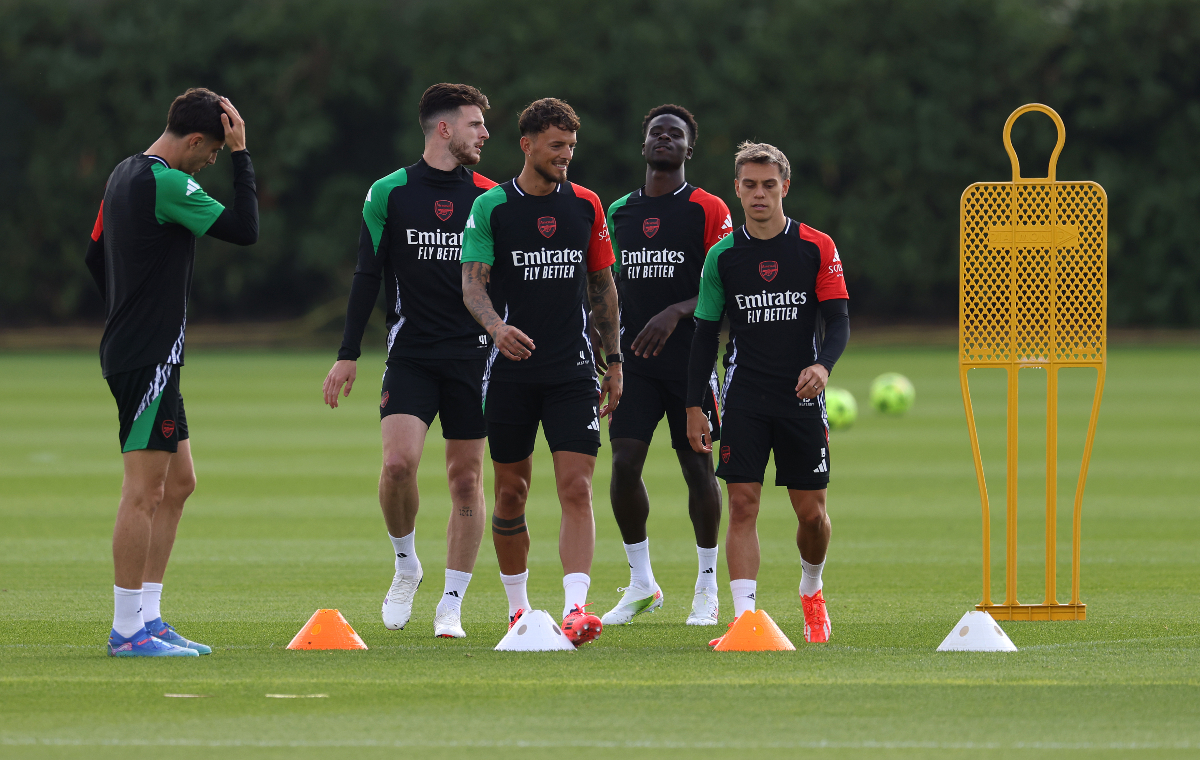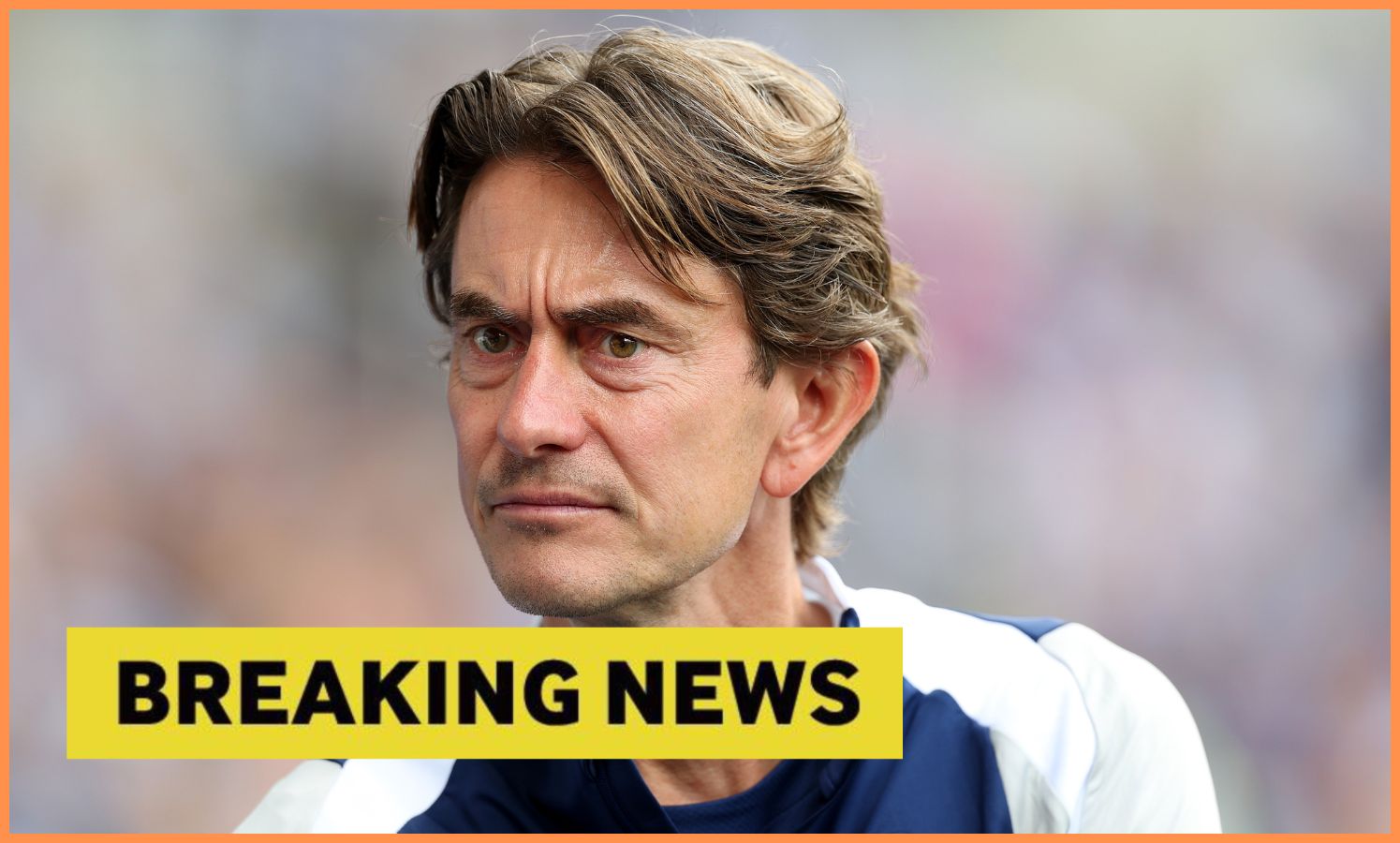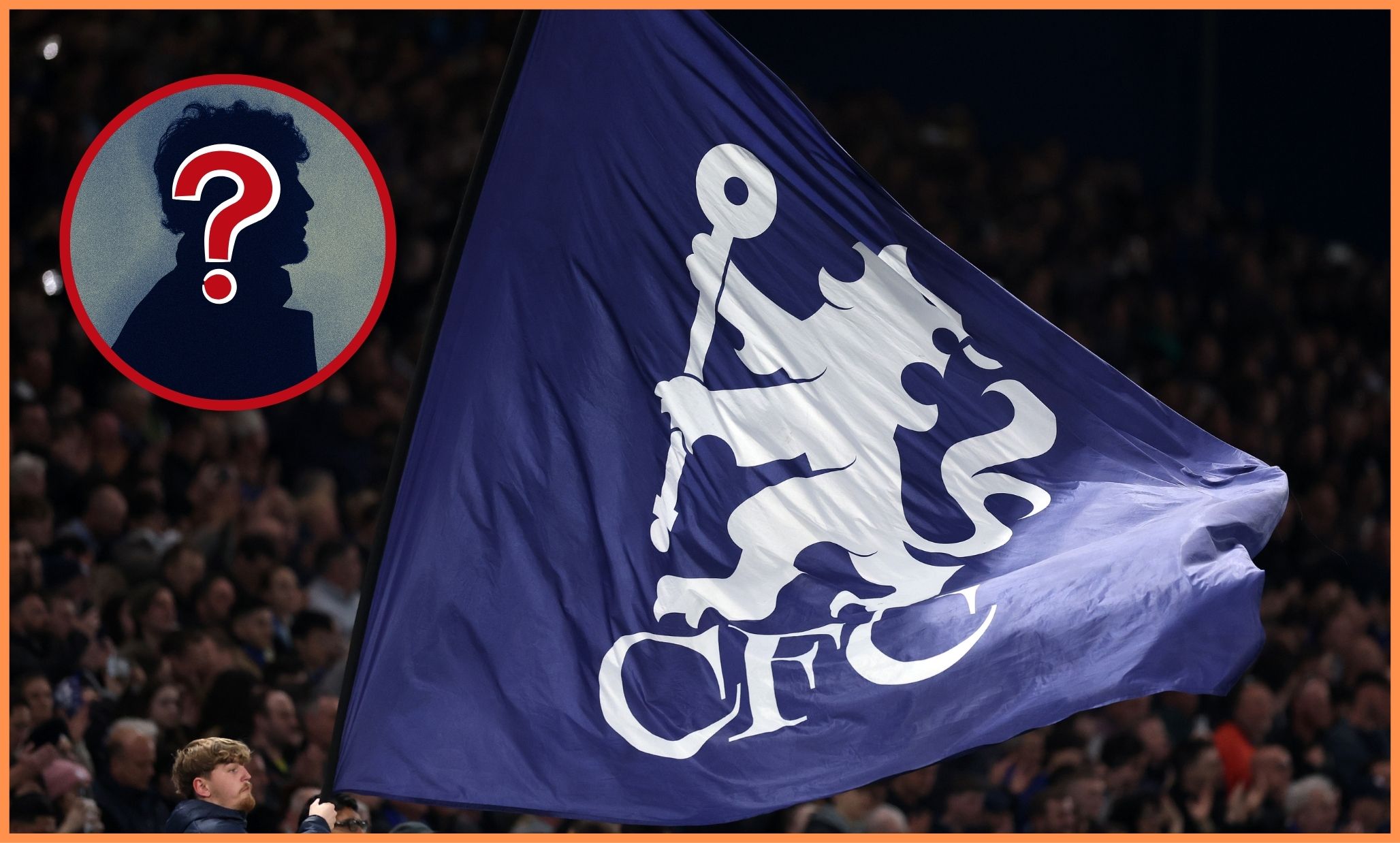The difference was in the details, according to Sunderland manager Regis Le Bris, as his team secured a dramatic draw against Arsenal. He pinpointed set-pieces as a crucial battleground, acknowledging both sides possessed significant threat in those moments. The match ultimately hinged on a delicate balance, a tactical chess match played out on the pitch.
A subtle, yet potentially impactful, change to the pitchside environment preceded Arsenal’s visit. Sunderland reduced the space between the advertising boards and the touchline, a move seemingly designed to limit the opposition’s ability to exploit wide areas and deliver dangerous crosses. This adjustment followed a previous match against Wolves where a wider gap existed.
Arsenal manager Mikel Arteta admitted his team struggled to contain Sunderland’s direct, physical approach. The game was characterized by frequent interruptions and a barrage of long balls, a tactic Sunderland executed effectively throughout the contest. While his team largely coped, defensive lapses proved costly.

Brian Brobbey’s injury-time equalizer snatched a 2-2 draw for Sunderland, a result that felt like a victory given the circumstances. Arteta lamented conceding goals from preventable situations, specifically highlighting a simple aerial ball that found its target. Despite this, he praised his team’s resilience and reaction to going behind.
Arteta emphasized his team’s dominance for large stretches of the game, particularly after falling behind. They responded with two goals and created numerous scoring opportunities, nearly securing a late win through Richarlison and Martin Ødegaard. The manager acknowledged the narrow margin between success and disappointment.
Despite the dropped points, Arteta expressed immense pride in his players’ recent form. He highlighted their impressive winning streak and clean sheet record, achieved despite a significant injury list impacting seven key players. The context of their accomplishments added a layer of perspective to the frustrating draw.








